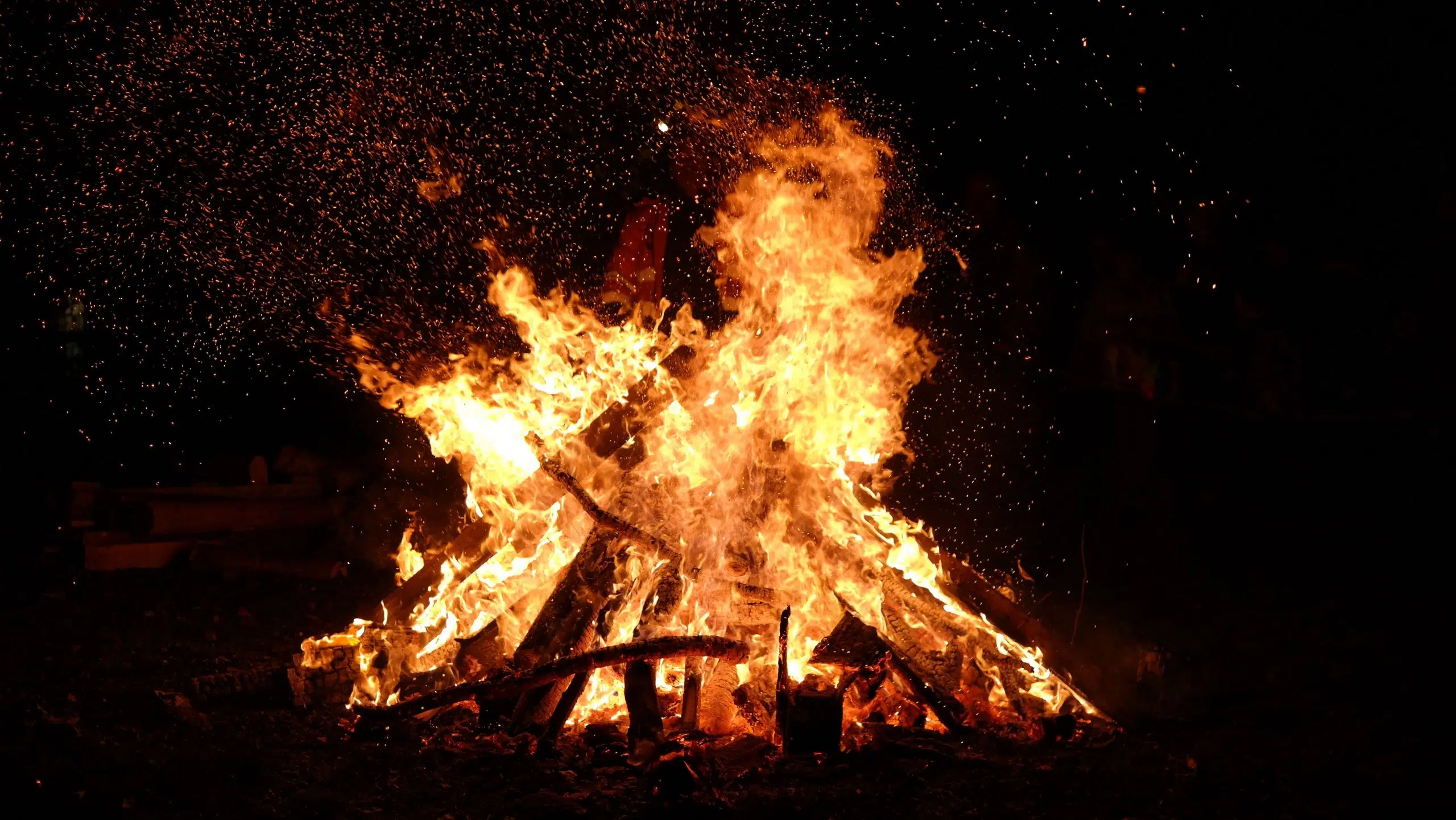
(SOURCE: Pexels)
The grass in our yards is turning yellow and the puddles are drying up in Nova Scotia’s woods amid hot summer temperatures.
Provincial Wildlife Prevention Officer Kara McCurdy tells our newsroom those are signs that our forests are at risk of burning.
Nova Scotia has seen seven new wildfires ignite over the last week.
McCurdy says the best thing you can do is follow the burn restrictions.
“The big one that comes to mind, like especially this past month with the dry conditions, and we’ve had a fire ban on, is that we are getting a lot of escaped campfires,” McCurdy says. “Quite a few of them have been in remote locations, like on an island or back in the wilderness. The burn restrictions right now are set to no burn. So that means you can’t have campfires, you can’t burn brush, you can’t burn in a barrel. You can’t do any of that stuff.”
The Department of Natural Resources and Renewables is asking residents to use a propane burner or propane firepit as once you turn off the gas the flames and heat are gone. It’s also recommended that you check over your campers and ATVs when you are in nature to make sure hot surfaces, like exhausts, are free of debris like leaves and tall grass, which can ignite.
Another tip is to make sure you snuff out your cigarettes if you’re hiking back in the wilderness.
McCurdy adds it’s also good to ensure you have a safety plan in place for your home.
“There’s always the preparedness side of things. If a wildfire does happen near your home, you want to make sure that you’re prepared as a resident,” she says. “You make sure your grass is mowed, your yard is cleaned up, and your trees are pruned. You follow the fire smart Canada guidelines and prepare yourself in case you do have to evacuate or mitigate fire that comes through your neighbourhood.”
So far there have been 113 wildfires in our province, burning more than 30,000 hectares.
McCurdy adds it’s a good idea when you’re out enjoying the summer to think of the safety of everyone around you. Ask yourself if you’re in the woods and doing an activity if it could result in a house getting burned down. She says it’s not easy for firefighters to take down flames in the heat as they’re wearing heavy gear and personal protective equipment.
She warns a shortage in the water supply could make it more challenging to put out flames.
“The other thing that we’re getting into now too is the dry wells, the lack of water in watercourses, lakes and streams to actually fight fire,” McCurdy says. “So it’s becoming difficult that way too if we don’t have the water to help out.”
She says fire crews are closely watching the rainfall amounts this week with the hope they’ll be enough to soak dry forests.








